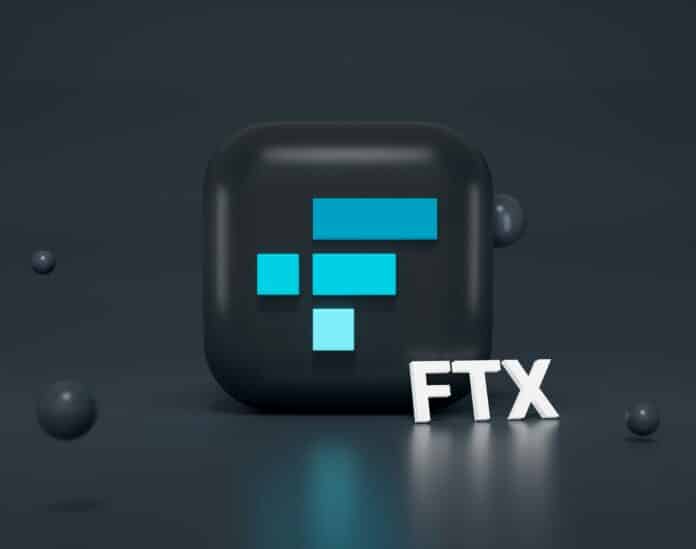According to a presentation filed in court, the compensation claims made by the United States government against FTX should range between 3 and 5 billion dollars.
The priorities in the distributions include FTX customers, Alameda Research lenders, administrative expenses, and non-governmental creditor claims. This before considering payments for claims from the US government or US states.
Let’s see below all the details.
Summary
The US government requests compensation during the bankruptcy proceedings of FTX
As anticipated, the United States government’s compensation claims against FTX, the cryptocurrency exchange currently in bankruptcy, are expected to range between 3 and 5 billion dollars.
This according to what was stated in a presentation to the court on Wednesday. However, these figures may be subject to changes and negotiations with the competent authorities.
The filing with the United States District Court for the Southern District of New York has revealed that the total amount of U.S. tax claims remains uncertain.
Once all government and tax compensation requests have been satisfied, debtors will be able to use the remaining proceeds to distribute to shareholders.
However, according to the priorities of Chapter 11 for the heritage, the first to be paid will be FTX customers, Alameda Research lenders, administrative expenses, and non-governmental credit requests.
Furthermore, the debtors propose that 100% of the “SNDY remission proceeds” be used for distributions to FTX.com customers and Alameda lenders, including an agreement with BlockFi, as reported in the court filing.
This refers to funds or assets returned to FTX’s ownership by the United States Attorney’s Office for the Southern District of New York or other government authorities as part of a remission process.
After covering administrative expenses and satisfying non-governmental creditors, up to 25% of the distributable value will be allocated to pay the demands of federal income taxes in the United States.
The rest, instead, will be used to meet the demands of the Commodity Futures Trading Commission and other government authorities.
FTX’s tax debt: reduction of unpaid taxes and the dispute over the impact of the collapse
In December, the Internal Revenue Service of the United States communicated that FTX was in debt for 44 billion dollars of unpaid taxes. Later reduced to 24 billion dollars, although full recovery is unlikely.
According to a document filed in court on September 11, 2023, the ownership of FTX stated that they have recovered about 7 billion dollars of assets.
However, it is likely that this figure has increased in the following months due to the increase in value in US dollars in the bullish cryptocurrency market.
FTX requested bankruptcy protection in November 2022. Its former CEO, Sam Bankman-Fried, was convicted of defrauding FTX users and investors in November 2023 and is currently awaiting sentencing.
Yesterday, the current CEO of FTX, John J. Ray III, challenged Bankman-Fried’s claims. Describing the statement that there was “no” damage to customers in the catastrophic collapse of the platform as “reckless” and “false.”
The voices of FTX victims: testimonies of economic losses
Dozens of testimonies filed in court have revealed the difficult reality faced by customers of former cryptocurrency exchange FTX by Sam Bankman-Fried.
A tweet by John Reed highlighted the challenges faced by many victims who had entrusted their financial future to FTX, now faced with devastating losses and shattered dreams.
The Moscow law firm has shared some of the touching letters sent by people affected by the failure of FTX. These letters testify to the serious financial impact suffered by investors at the time of FTX’s collapse.
These testimonies serve as a painful warning about the true consequences of Bankman-Fried’s actions and the vulnerabilities of the largely unregulated cryptocurrency sector.
SBF’s defense has proposed a relatively moderate period of imprisonment of six years. However, the prosecution is more severe, asking for a sentence ranging from 40 to 50 years, accompanied by a confiscation of 11 billion dollars.
Bankman-Fried’s lawyers have criticized the accusation, arguing that the memorandum distorts reality and portrays Sam as an unscrupulous villain.
They have also disputed the apocalyptic prophecies about its relapse and rejected the ‘medieval’ vision of punishment.
Ultimately, the lawyers reiterated that a substantial reduction in the sentence would be justified if the authorities sincerely believed in his ability to reform.
With the sentencing hearing scheduled for March 28, 2024, the moving testimonies of the victims of FTX point to the real consequences of financial frauds. Furthermore, they highlight the importance of regulation in the cryptocurrency sector.




